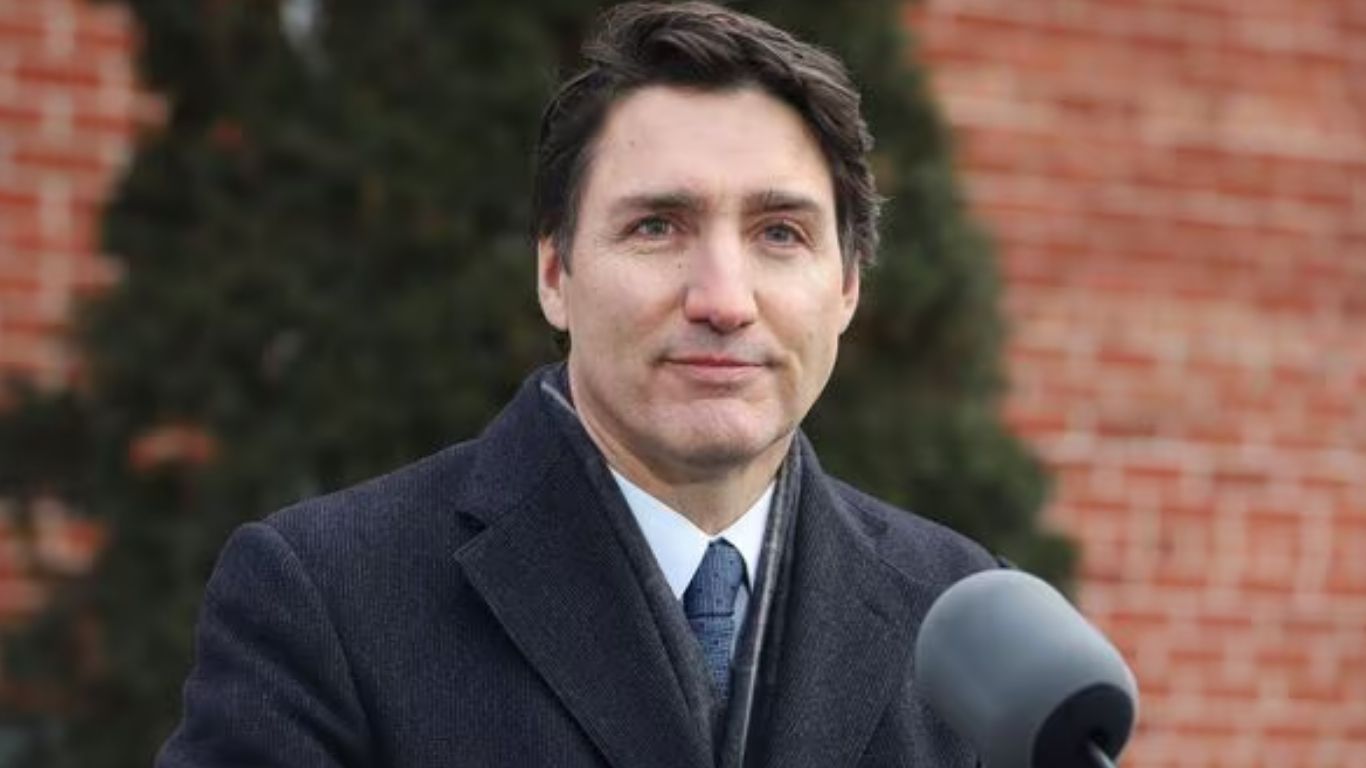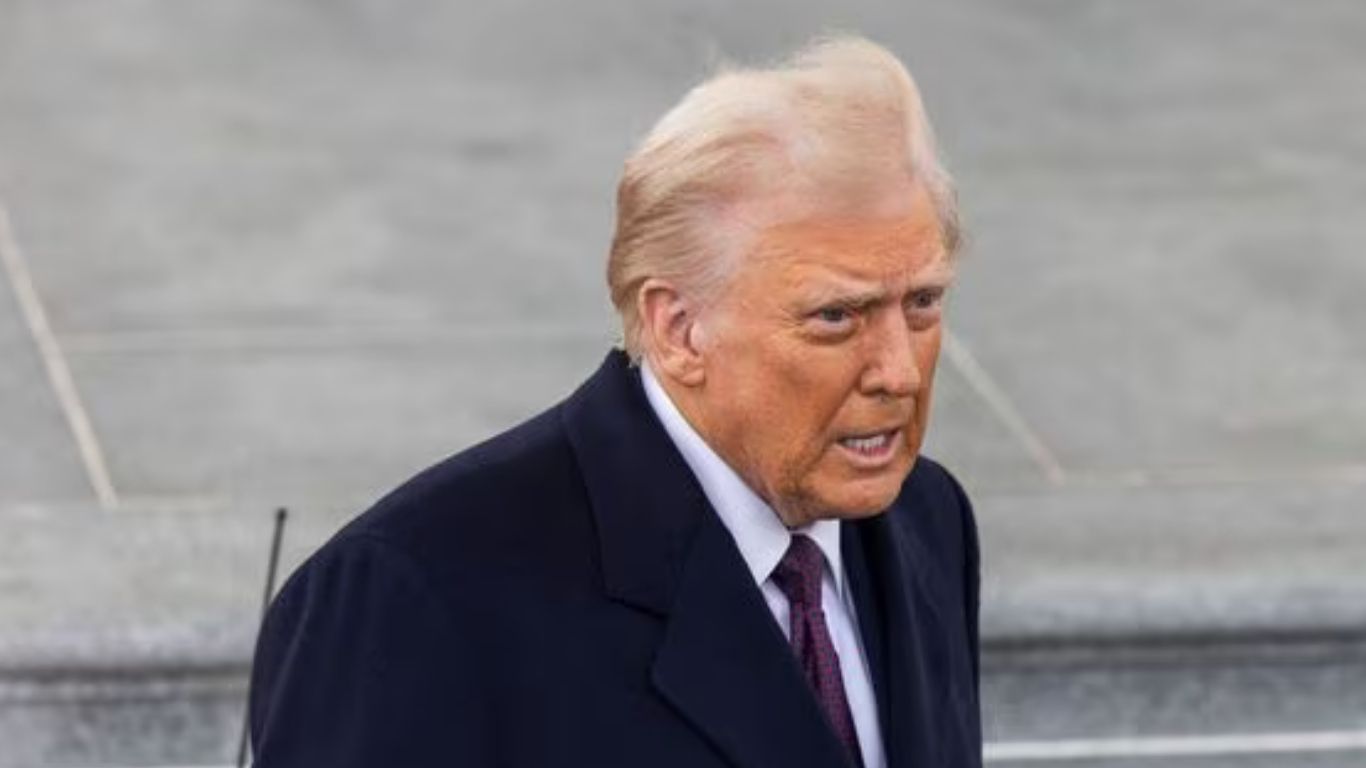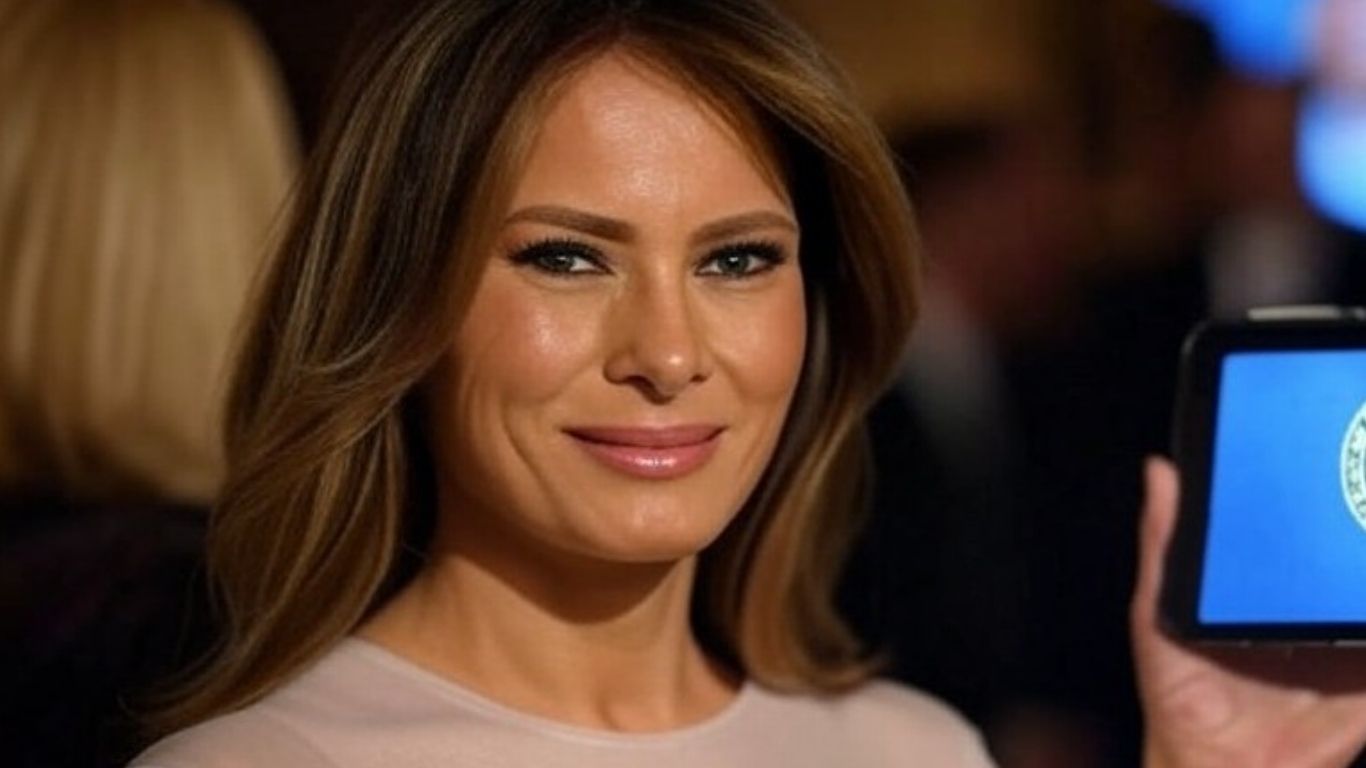Canadian Prime Minister Justin Trudeau resigns as the leader of the Liberal Party and Prime Minister of Canada, citing internal party conflicts and diminishing public support. Trudeau, who has led the country since 2015, made the announcement on January 6, 2025, marking the end of a significant political era. He will remain in office as a caretaker prime minister until the Liberal Party selects a new leader.
Key Reasons Behind Trudeau’s Resignation
- Internal Party Conflict:
Trudeau acknowledged “internal battles” within his party, which he stated would hinder his ability to lead effectively into the next election. - Declining Public Support:
- Rising discontent over issues such as the cost of living and immigration challenges contributed to his waning popularity.
- Trudeau’s government faced increasing scrutiny over its ability to address Canadians’ concerns.
- Finance Minister’s Departure:
The abrupt resignation of the finance minister highlighted growing divisions within the Liberal Party, further pressuring Trudeau to step down.
Trudeau’s Legacy
Election Victories
- Trudeau led the Liberal Party to three general election wins:
- 2015: Secured a majority government.
- 2019 and 2021: Won minority governments.
Progressive Agenda
- Initially celebrated for policies promoting diversity, climate action, and social equality.
- Faced criticism in recent years for perceived inefficiency and inability to address rising economic concerns.
Immediate Political Implications
- Caretaker Role:
Trudeau will continue as prime minister until a new leader is chosen, ensuring a smooth transition.- He will also handle Canada’s initial response to the incoming U.S. President Donald Trump’s administration.
- Parliament Prorogued:
- Trudeau requested Governor General Mary Simon to prorogue Parliament until March 24, 2025.
- All pending bills will be nullified, and no new legislation will be passed until Parliament reconvenes.
- No-Confidence Motion:
Jagmeet Singh, leader of the New Democratic Party (NDP), has announced plans to introduce a no-confidence motion against the Liberal government when Parliament resumes, signaling the likelihood of a spring election.
Liberal Leadership Race
- Mark Carney:
The former head of the Bank of Canada and the Bank of England is a frontrunner to replace Trudeau.- Carney has expressed gratitude for Trudeau’s service and is expected to campaign on stabilizing the Liberal Party and addressing key national issues.
Opposition’s Plans
Canada’s three main opposition parties are preparing to challenge the Liberal government with no-confidence votes when Parliament reconvenes. If successful, this could trigger a federal election, potentially reshaping Canada’s political landscape.
Justin Trudeau’s resignation marks the end of a turbulent chapter in Canadian politics. Once celebrated for his progressive vision, Trudeau faced mounting challenges in recent years, culminating in his decision to step down. As the Liberal Party prepares for a leadership race and opposition parties gear up for a possible election, Canada enters a period of political uncertainty.















